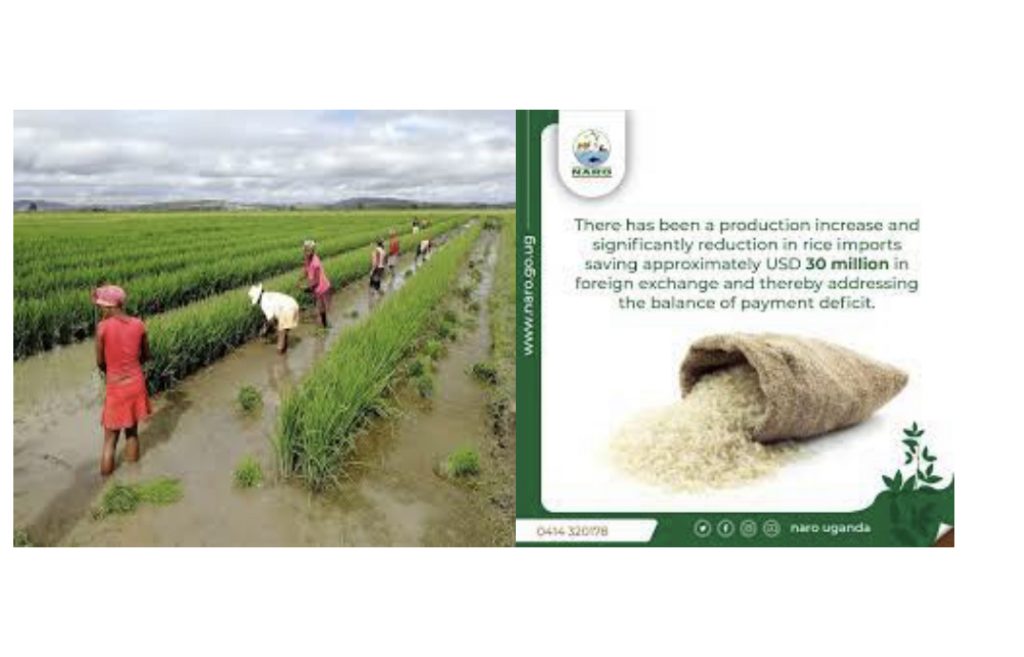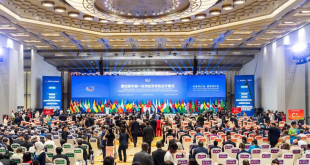Published: June 18,2023

Robert Sagula could not have imagined how different his life would be when he started to learn growing rice from Chinese experts more than 50 years ago.
At the age of 70, he still goes to his rice field in Butaleja district in eastern Uganda every day. He said thanks to Chinese experts, rice yields in his field rose dramatically, bringing more money to his family. Now he is able to afford to take his children to good schools, and he even opened a shop in his village with what he earned from growing rice. In the past five decades, thousands of farmers in Butaleja district have participated in training on rice farming, and they turned the region into one of the main production areas, where rice is sold to different parts of the country and also exported to neighboring Kenya.
Richard Waya, another farmer living in the same district as Sagula, told Xinhua that in the 1970s, the Chinese experts taught people in the Butalejadistrict how to grow rice in nursery beds and later transplanted them into the field. “The results have shown that when you grow rice in lines, the yields are much higher. The Chinese people have contributed to life-changing (achievements) in Butaleja,” Waya said.
Rice production in Uganda was given more impetus after China, the Food and Agriculture Organization (FAO) of the United Nations and Uganda signed an agreement as a South-South cooperation program. The agreement, which has been implemented in a phased manner, has helped farmers in rural areas in Uganda gain agriculture technology, according to Uganda’s Ministry of Agriculture. By the end of the second phase of the program in 2017, about 3,000 farmers have been trained in increasing production in cereals, horticulture, aquaculture and livestock, according to the ministry. During the first and second phases of the project, Chinese hybrid rice variety and foxtail millet variety were introduced to farmers in Uganda. Yields of the new hybrid rice reached about 10 tonnes per hectare, almost four times that of local varieties, according to the ministry.
Meanwhile, a 220-million-U.S.-dollar China-Uganda Agricultural Cooperation Industrial Park was established in the central part of the East African country. According to the FAO reports, many farmers across the country are praising the agricultural cooperation with China. Zhang Xiaoqiang, leader of the Chinese agriculture team, told reporters Monday that during the third phaseof the program, which started in November 2022, more than 9,600 farmers, mostly youth and women, will attend the training program. He said the Chinese experts encouraged local farmers to look at agriculture in a commercial way instead of subsistence.
FAO Representative in Uganda Anthony Queridosaid over the years, there is evidence that cooperation with China and Uganda under the South-South cooperation framework is yielding positive results in the agriculture sector, which has been a driving force in increasing food security and promoting poverty alleviation in the country.
Xinhua
 Africa -China Review Africa -China Cooperation and Transformation
Africa -China Review Africa -China Cooperation and Transformation
